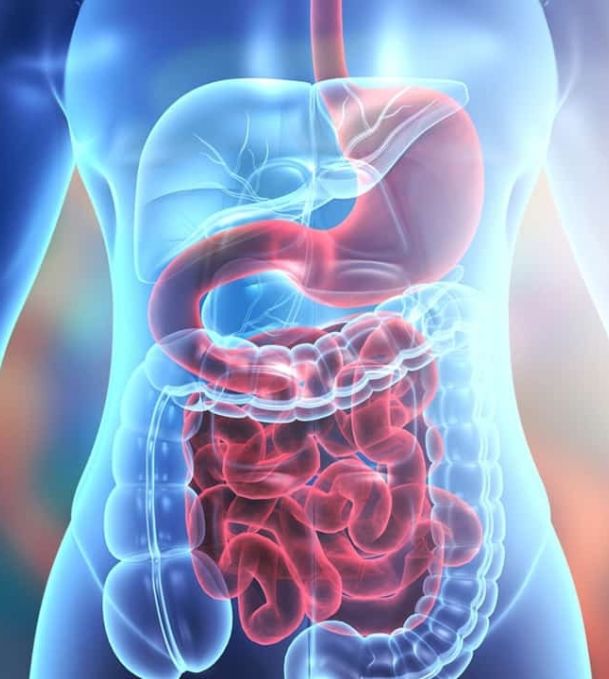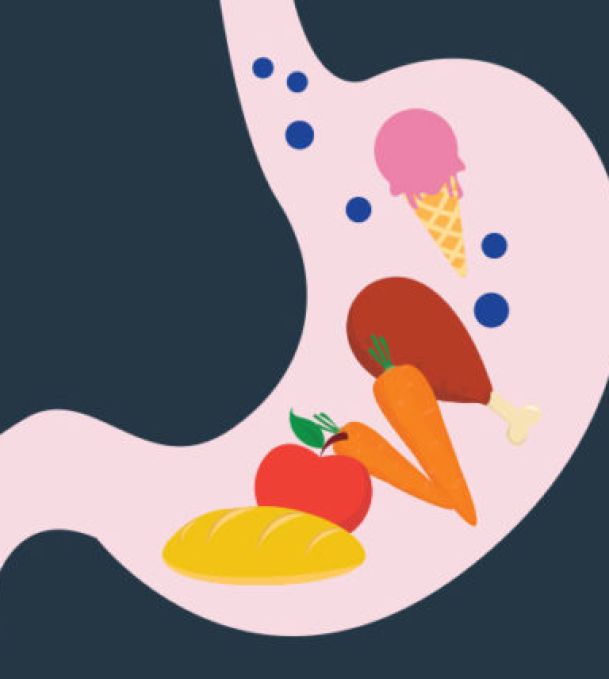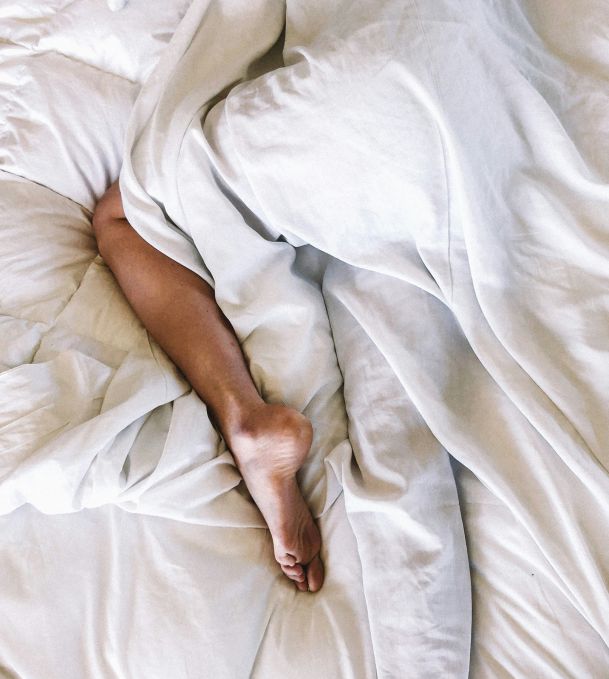
Sleep
It’s a well-established fact that sleep is essential to our physical, emotional and mental health, so getting a good night’s sleep is incredibly important for your health. In fact, it’s just as important as eating balanced, nutritious meals and exercising.
Though sleep needs vary from person to person, most adults require between 7 and 9 hours of sleep per night. Both sleeping too much or too little can be detrimental to your health.
Creating a Sleep-Inducing Bedroom
Use a good mattress, pillow and bedding.
Sleeping in a darkened room helps quality of sleep, use black out curtains if you can and avoid electronic devices and TV in the bedroom.
Make your bedroom as quiet and peaceful as possible.
Have the right temperature, sleep is most restful in a cool bedroom.
Use essential oils like lavender in a diffuser to help you fall asleep or put a few drops on your pillow or a handkerchief.

Walking & Nature
Have a quick walk around the block if you don’t get out very often. Daily fresh air is important. Even five minutes will make a difference.

Digestion
We can spend a lot of time focusing purely on diet and overlook digestion, but in order for our body to benefit from eating good food, we need to make sure our digestion is in good working order

Re-Engage With Old Hobbies
The modern world can sometimes leave us in a place where we forget who we are and what we value.
Take some time out to re-engage with old hobbies

Intermittent Fasting
Digestion uses more energy and resources than any other process in the body. Intermittent fasting is a way of taking the pressure off the digestive system and allowing the body to use that energy for healing, regeneration and rebuilding.

Sleep
It’s a well-established fact that sleep is essential to our physical, emotional and mental health, so getting a good night’s sleep is incredibly important for your health.